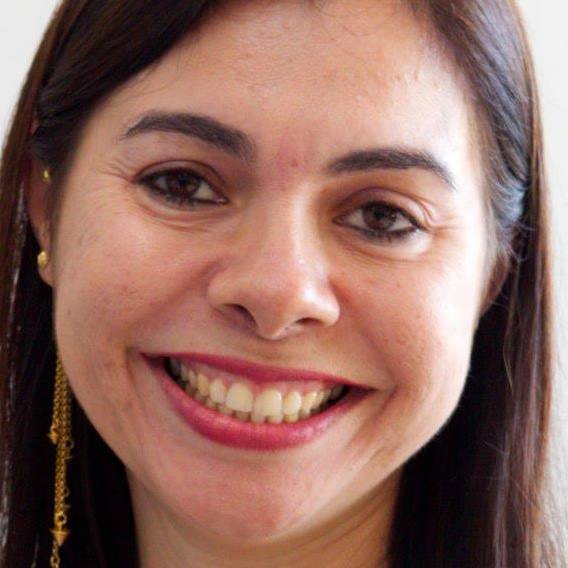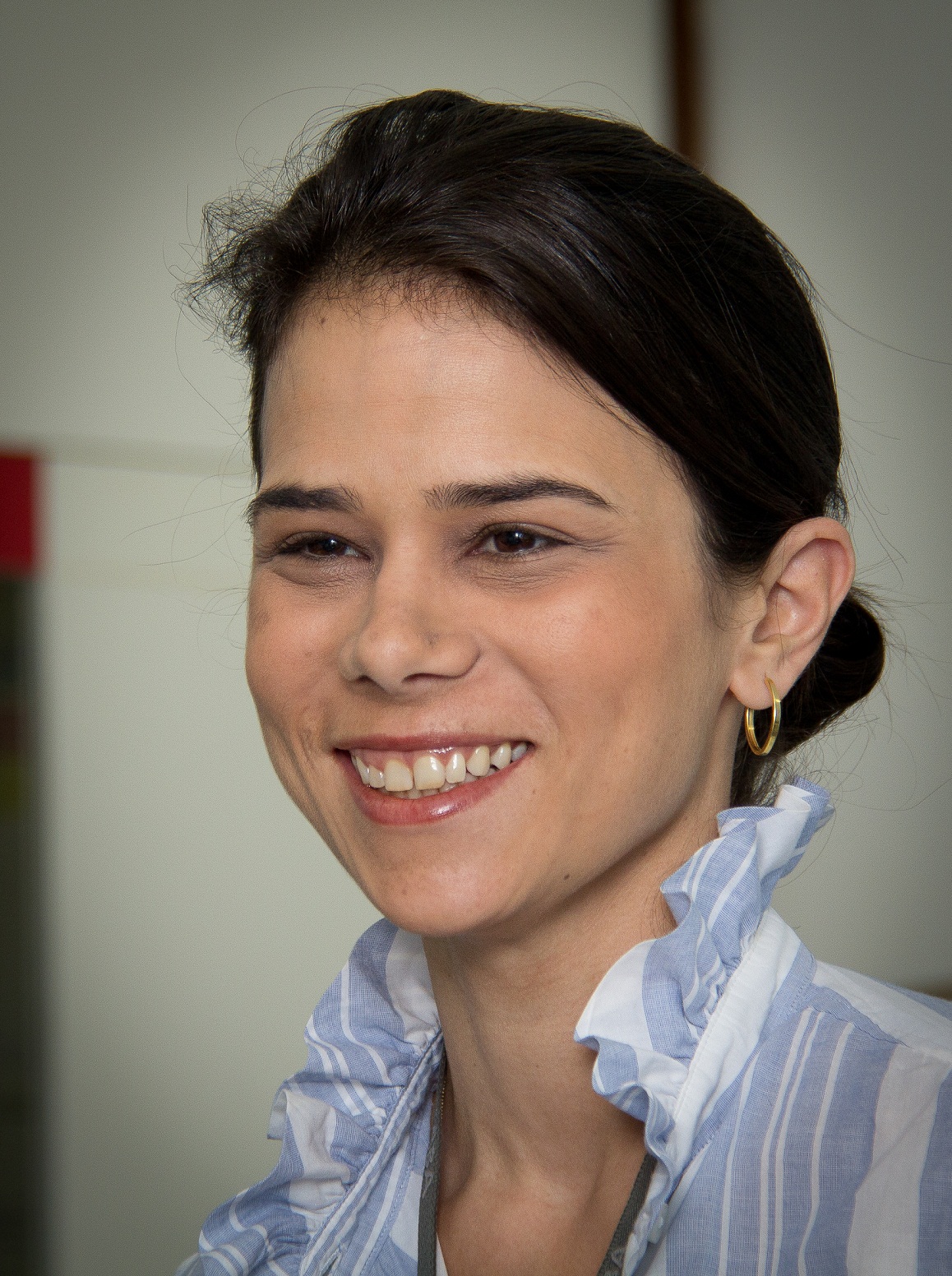Training Doubts
During the final grading meeting of a CELTA course I was assessing recently, one of the tutors asked me about the extent to which a trainee’s language should be taken into account when deciding on a final grade. It is an issue which has come up again and again in recent years, especially since the internationalization of teacher training courses...Read More








